 By Christopher C. Kalis, Counsel
By Christopher C. Kalis, Counsel
1. Overview
Thailand’s Cabinet recently approved the ten-year retirement visa extension. Due to the rapidly increasing number of foreign senior-citizens seeking Thailand as a retirement destination, the government has instituted this extension, which also includes new requirements. In an initiative aimed at supporting Thailand as a “Medical and Wellness Tourism Center”, the Ministry of Public Health and the Ministry of Tourism and Sports, together, agreed to create a longer 10-year visa to facilitate those retiring in Thailand. However, such extension will only be offered to citizens from a selected list of 14 countries, namely: Australia, Canada, Denmark, Germany, Finland, France, Italy, Japan, the Netherlands, Norway, Sweden, Switzerland, the United Kingdom, and the United States.
2. Criteria for the Extended Visa
(1) Retirees must be from one of the countries listed above.
(2) Applicants must be at least 50 years of age.
(3) Applicants are required to report to the Thai Immigration Bureau once every 90 days.
(4) The ten-year visa must be obtained from the Thai Consulate in their respective countries. However, if an applicant is out of their home country at the time they wish to apply, they may obtain a “Non-Immigrant O-A Long Stay” (O-A) Visa in Thailand, and will be issued a multiple entry O-A visa for 5 years. After the initial 5 years, the applicant may apply for another 5 year renewal of the O-A visa.
(5) The visa fee is an initial 10,000 THB, plus the financial obligations mentioned below.
(6) The applicant must submit a bank statement for review. The statement must show a minimum balance of 3 million THB in a Thai bank account, or evidence of a minimum monthly income of 100,000 THB. When renewing the visa after five years, the applicant must comply with the same requirements as for the initial visa; submission of a bank statement showing a minimum balance of 3 million THB, or evidence of a minimum monthly income of 100,000 THB. Within the first year, the applicant must maintain a balance of 3 million THB or the minimum monthly income. After the first year, the applicant must not withdraw more than 50% of the minimum account balance. If an applicant withdraws from such account, they must provide evidence that the money was spent in Thailand for purposes such as: medical, property, tuition, or similar expenses.
(7) The applicant is required to submit evidence of having medical insurance at the time the application is made for the ten-year retirement visa, and the medical insurance must provide the following amount minimum coverage; inpatient, minimum 10,000 USD per year, outpatient minimum of 1,000 USD per year.
Additional note(s):
Applicants are able to purchase vehicles and condominiums in Thailand (with reference to The Condominium Act of 1981) as long as the funds required for the purchase is transferred to a Thai bank prior to the purchase; the Thai bank must also issue a letter certifying the said transfer.
Visa arrangements for the spouse and/or children of 10-year visa applicants have not yet been fully clarified/agreed.
3. The Outcome and the Reactions
There are positive responses from the visa extension initiative. Applicants have stated the ten-year extension will make the retirement process in Thailand more convenient because they are not required to apply once each year. This provides a more cost-effective option, as the 10,000 THB fee is only charged once every ten years. Additionally, applicants are not subject to a time-consuming, annual application process.
At the same time, there has been some concern expressed regarding the mandatory insurance coverage, and about changes to the application process, if any, that may come into effect prior to final approval by the Ministry of Interior. Currently, major issues focus on the insurance coverage, and the impact it may have in deterring foreigners from retiring in Thailand. This issue may also have repercussions on certain Thai economic sectors if foreigners refuse to comply with the new requirements and retire elsewhere.
4. What’s Next?
The visa initiative has been passed by the Thai Cabinet and is currently under review with the Ministry of Interior. There are no confirmed details at the time of this publication, about what the review will include, however the above details may change slightly as time passes.
Note: 1 year visas are still available for those who don’t qualify for the ten year extension
———-
About the author: Christopher Charles Kalis is a Counsel at Chandler MHM Limited, (CMHM), and has been with the firm since 2011, having also worked at the firm during an internship in 2008. Prior to joining the firm in 2011, he participated in an internship program at the Immigration Law Clinic, in Detroit, Michigan, in the US. Chris specializes in mergers and acquisitions, with a focus on Thai and international environmental law, project finance, Thai business structures, E-commerce, personal data protection, and matters regarding the Thai-US Amity Treaty. He also has experience with Thai Immigration, Visas, Work Permits, and assists with legal and regulatory matters concerning Myanmar. Christopher is also involved with Chandler MHM’s internship and trainee programs.
Tel: +66-2-266-6485
E: chris.k@chandlermhm.com
W: www.chandlermhm.com



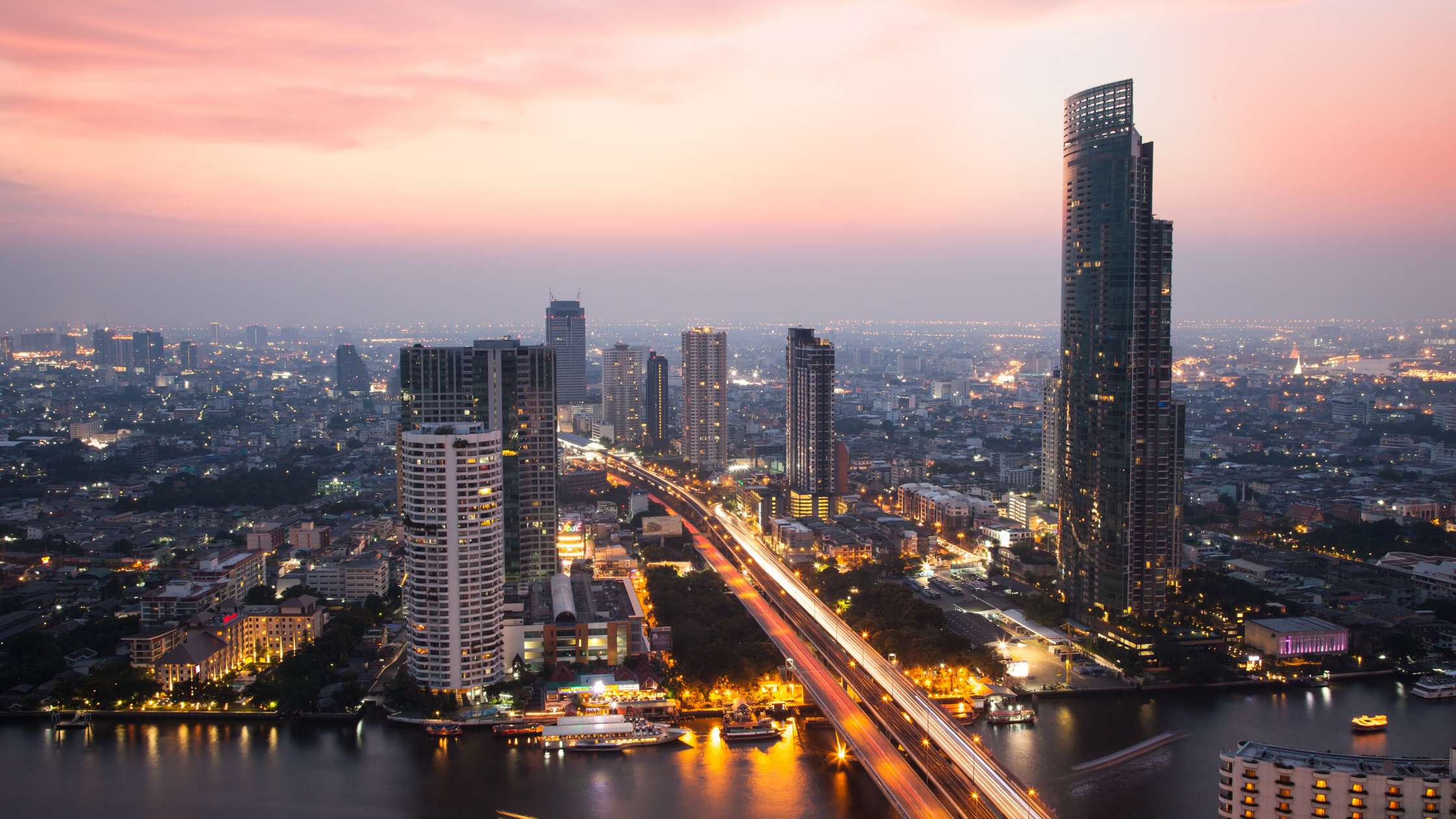









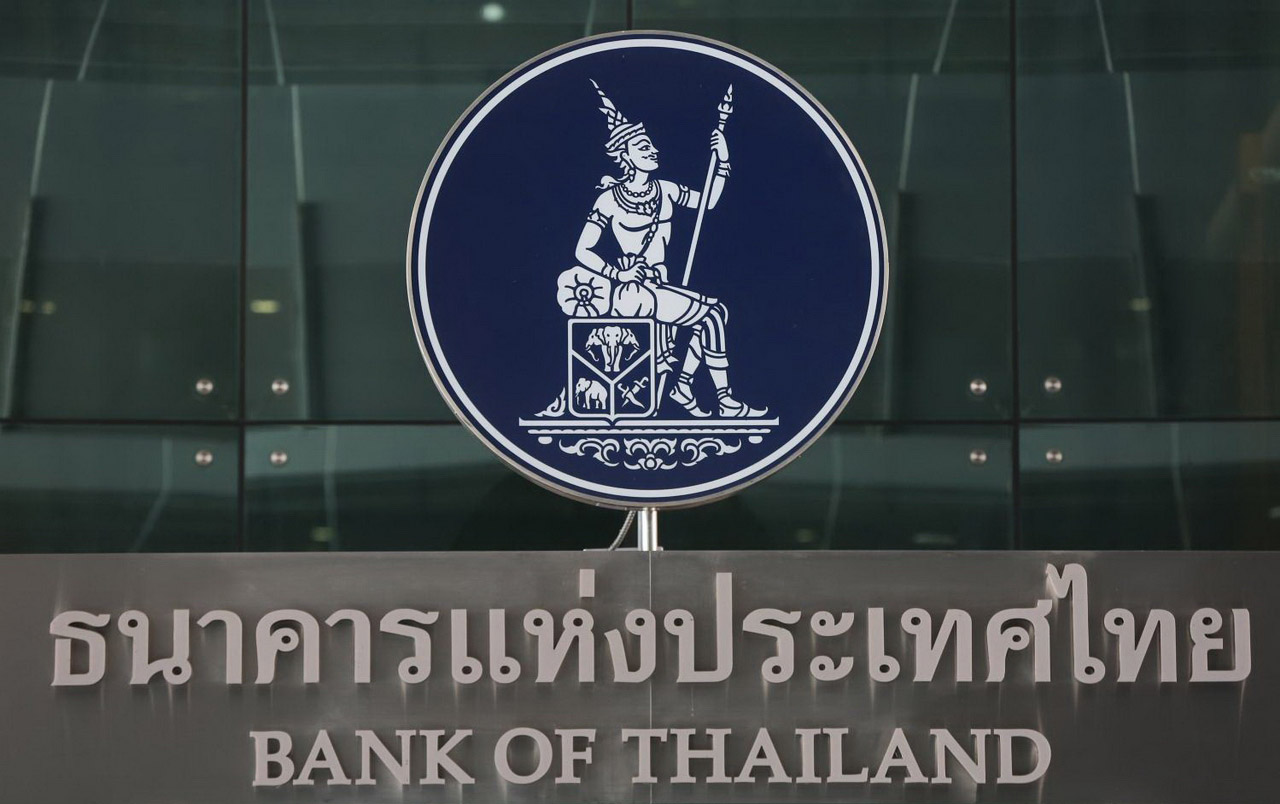
















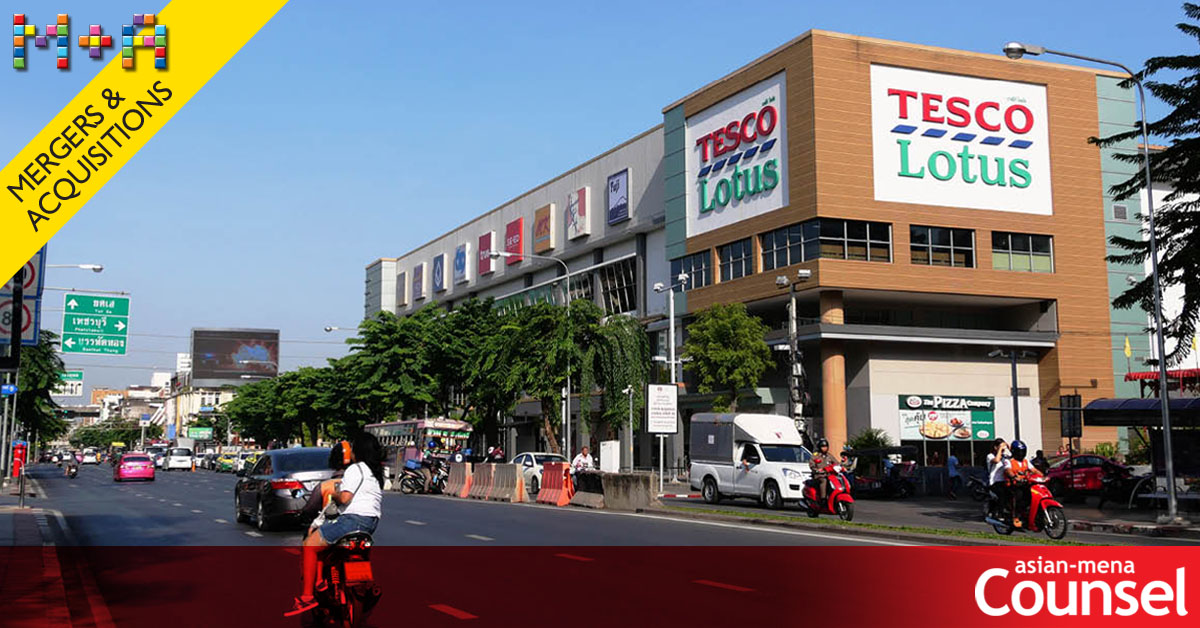







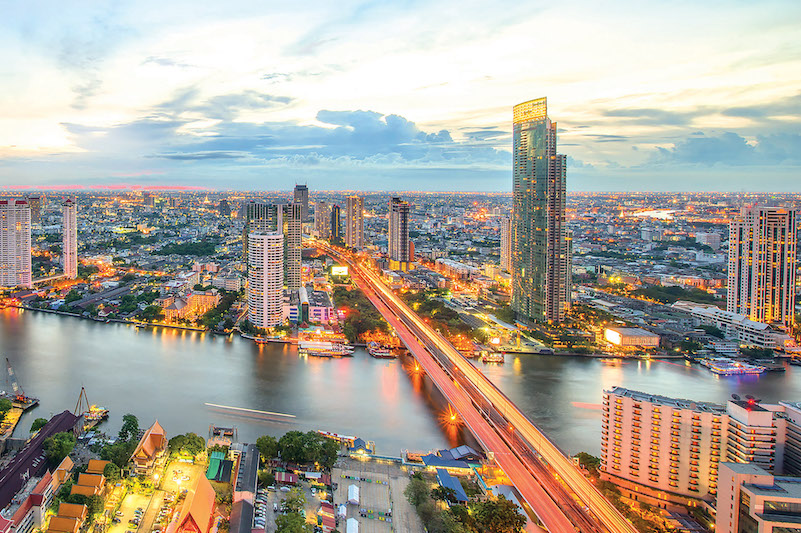

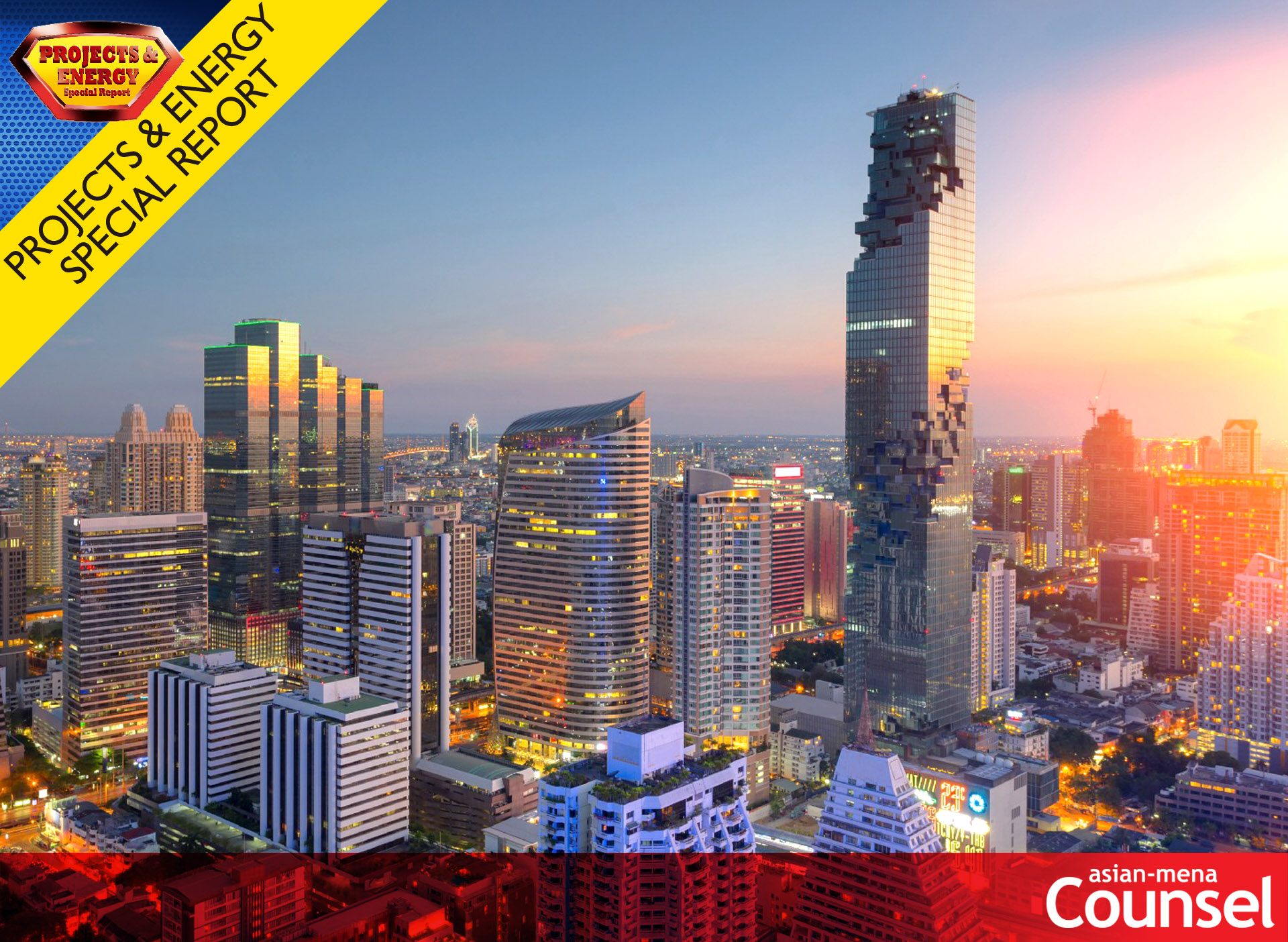














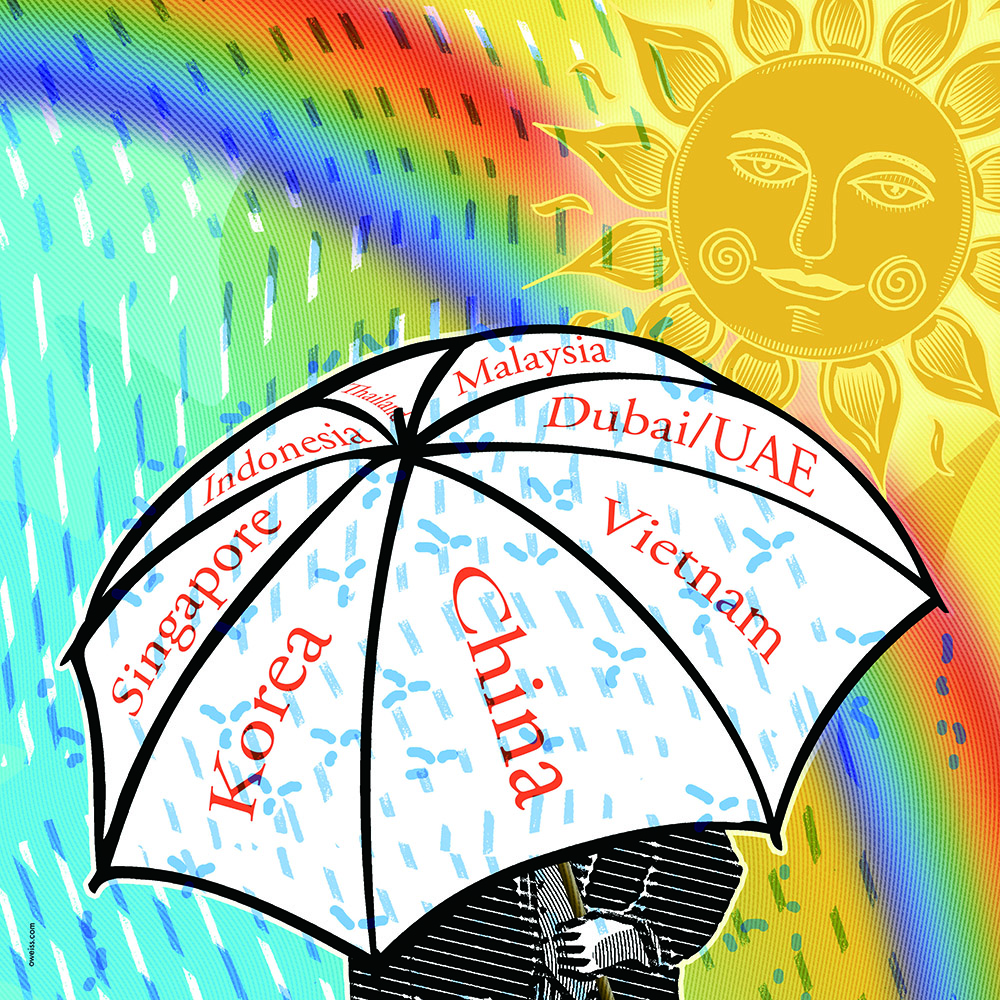

 Chandler MHM Limited
Chandler MHM Limited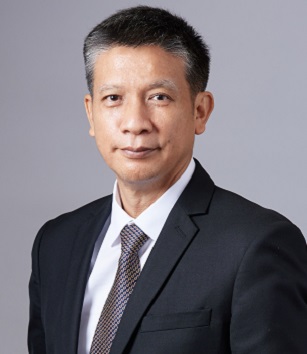 Jessada Sawatdipong
Jessada Sawatdipong







